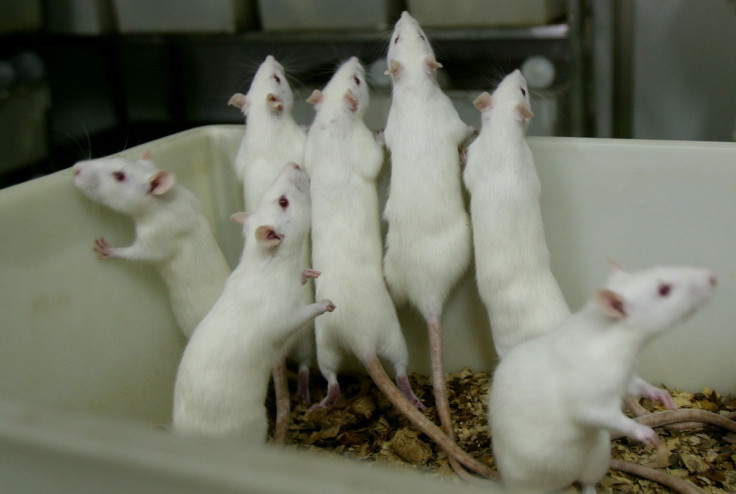Scientists create stuttering mice

Researchers have created mice that stutter in the same way humans do. They engineered mice with the same genetic mutation that causes stuttering in humans – a development that could lead to a treatment for the speech disorder.
Previously, researchers from Washington University linked mutations in a specific gene to stuttering in humans. "Stuttering imposes an enormous burden on those that are severely afflicted with the disorder, yet its underlying causes have been very poorly understood," said Dennis Drayna, a researcher working on the study.
Using mice engineered to carry the mutation, researchers examined their behaviour and vocalisations. Findings published in the journal Current Biology showed there were no behavioural differences, but there were changes to the vocal call.
"Many aspects of the vocalisations of our mice with the mutation are normal," said Terra Barnes, researcher working on the study. "Where they differ is in the timing of their vocalisations. Their vocalisations have longer pauses than those of their littermates without the mutation, and there is evidence for more stereotyped repetitions in their vocalisations. These are very similar in some ways to the stuttered speech of humans who carry the same mutation."
By re-creating stuttering in mice, the team says they now have a feasible animal model to find a treatment. Drayna said: "While it's surprising that the disorder can, to some degree, be recreated in a mouse, having an experimentally tractable animal model for some aspects of this disorder presents many exciting, new opportunities to move research in this area forward."
© Copyright IBTimes 2025. All rights reserved.






















